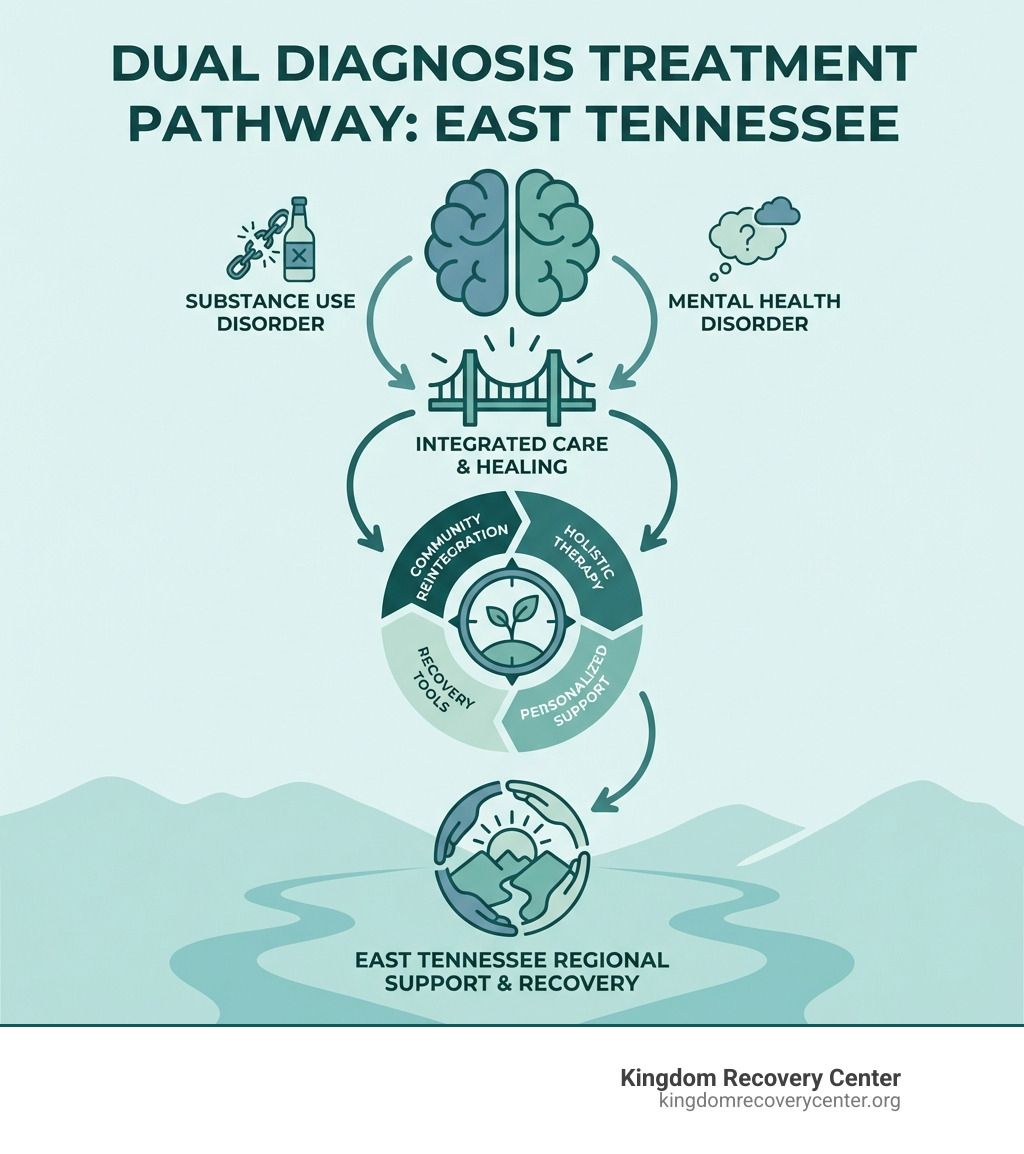
Relapse Prevention: Effective Approaches to Maintaining Sobriety After Treatment
Do you struggle with maintaining sobriety after treatment? This post on relapse prevention outlines effective strategies for staying sober, managing triggers, and building accountability. The article covers how proper aftercare and healthy lifestyle choices support recovery and help prevent setbacks. Readers will learn to identify triggers and create a structured plan to foster long-term sobriety, offering practical solutions to a common challenge.
Key Takeaways
- relapse prevention strategies include coping skills, therapy and support groups
- controlled breathing and mindfulness stabilize mood and reduce stress
- structured routines and social support promote long-term sobriety
- personalized plans incorporate technology for tracking recovery milestones
- avoiding high-risk triggers builds confidence in maintaining sobriety
Understanding Relapse Prevention

Relapse prevention strategies help individuals manage the challenges of staying sober after treatment. They address underlying shame that may hinder progress and provide techniques to maintain a steady mood throughout recovery.
Effective relapse prevention includes countering the triggers associated with methamphetamine use. The approach focuses on understanding harmful patterns and establishing clear steps to resist old habits.
Practitioners emphasize simple techniques such as controlled breathing exercises to help maintain calmness during stressful moments. This method reassures those in recovery by stabilizing mood fluctuations.
Patients learn to avoid environments like the liquor store that may trigger harmful behaviors. Consistent practice of these skills empowers them to live a healthier life after treatment.
Effective Strategies for Staying Sober After Treatment

Developing a personalized relapse prevention plan sets a clear goal while addressing challenges like drug withdrawal and depression. Forming a solid support network reinforces recovery, and practicing mindfulness alongside stress management helps stabilize sleep and manage stimulant urges. These approaches offer practical insights and expert guidance for long-term sobriety.
Developing a Personalized Relapse Prevention Plan
A personalized relapse prevention plan empowers individuals to set clear recovery goals and monitor progress through practical tools, including music for mood regulation and regular email reminders to support learning and self-management. This approach incorporates feedback from a supportive community, guiding individuals in making informed decisions and effectively managing cravings.
Developing a tailored plan involves practical insights from recovery experts who promote accountability through structured routines and stress management techniques. By integrating simple practices like curated music playlists and scheduled email check-ins, individuals gain access to a supportive community that reinforces healthy behaviors and continuous learning.
Building a Support Network for Recovery
The creation of a reliable support network allows individuals to attend regular meetings that offer a safe space to share concerns and strategies to remain sober while addressing the allure of temptation. Professionals note that these interactions bolster accountability and provide guidance that supports the use of medication as prescribed in recovery efforts.
Networking with peers who understand the recovery journey helps create an environment free from triggers and unhealthy practices. Industry specialists observe that this consistent engagement encourages adherence to medication routines and reinforces proactive measures to avoid temptation, ensuring a steady path toward long-term sobriety.
Practicing Mindfulness and Stress Management
Experts in recovery note that practicing mindfulness and stress management helps individuals remain focused on practical solutions while reducing risk associated with relapse. They emphasize using simple techniques to manage feelings of loneliness and avoid temptations like liquor, ensuring that patients maintain progress even when their insurance does not cover every treatment option, such as adjustments in an antidepressant routine.
Practitioners advise that incorporating mindfulness into daily routines offers clear benefits, as it supports emotional balance and offsets stress triggers. By adopting structured stress management practices, individuals can improve mood stability and address negative influences, leading to better long-term outcomes in sobriety maintenance.
Identifying and Managing Triggers for Relapse

Recognizing emotional and environmental cues is key in preventing relapse. Techniques to avoid high-risk situations build confidence in the recovery model, helping manage factors like poor diet, fatigue, and potential fentanyl exposure. This section sets the stage for practical strategies that address both inner signals and external challenges.
Recognizing Emotional and Environmental Cues
In the recovery process, individuals benefit from recognizing both emotional and environmental cues that contribute to pain and stress. Experts observe that frequent self-checks build mental discipline, enabling one to avoid urges such as the impulse to drink while transitioning through a halfway house during early stages of recovery.
Practitioners emphasize the importance of understanding personal triggers to support long-term health and well-being. They note that focused awareness and accountability help individuals manage pain and anxiety, ultimately encouraging stronger discipline in daily routines and interactions, especially in settings that may jeopardize sobriety.
Techniques for Avoiding High-Risk Situations
Experts hold that avoiding high-risk situations necessitates increased awareness of environmental cues and personal behaviors that may lead to relapse; they recommend maintaining a clear schedule that avoids encounters with triggers such as unexpected encounters with adderall or environments linked to substance abuse:
| Trigger Identification | Action Steps |
|---|---|
| Contact with former associates | Engage in alternative activities and seek verification-of-benefits from support groups |
| Exposure to drug-related environments | Plan safe routines and build strong social networks |
Specialists advise that practical applications of these techniques can reduce vulnerability to relapse by empowering individuals with real-time decision-making skills in the face of temptations, including misuse of adderall and other substance abuse; by incorporating verification-of-benefits protocols within their recovery process, individuals can systematically monitor progress and maintain solid awareness that fortifies long-term sobriety.
The Importance of Aftercare in Maintaining Sobriety

The section covers engaging with counseling and therapy options, and participating in support groups and community resources. This approach promotes empowerment and aids recovery from addiction by addressing behaviors such as binge drinking. Nursing care and structured hobbies also play roles, providing practical insights into maintaining sober lifestyles after treatment.
Engaging With Counseling and Therapy Options
Engaging with counseling and therapy options offers individuals practical tools to manage drug-related challenges and emotions like anger, aiding in staying sober after rehab. Providers utilize smart recovery techniques to guide clients through tailored therapeutic sessions, reinforcing evidence-based strategies that work seamlessly with a personalized plan.
Therapeutic settings create a secure space for individuals to express feelings and overcome barriers, integrating the art of empathetic listening with actionable insights for maintaining sobriety. Clinicians often combine professional guidance with aspects of smart recovery to support clients in navigating triggers and maintaining a balanced outlook during their recovery journey.
Participating in Support Groups and Community Resources
Support groups and community resources offer individuals a chance to reinforce healthy habit patterns by sharing experiences in settings like Narcotics Anonymous meetings, where practical advice and therapy insights are common. These environments provide opportunities for relaxation and clear memory recollections that support sober living throughout recovery.
Participation in community events and support groups enables individuals to integrate therapy techniques and build accountability in managing their triggers. Engaging with peers in settings such as Narcotics Anonymous offers actionable guidance that enhances memory retention of effective strategies and bolsters habit formation for long-term sobriety.
Healthy Lifestyle Choices to Support Recovery

Focusing on nutrition and physical activity helps build a skill set for those facing opioid use disorder and substance dependence. Prioritizing consistent sleep and daily routines creates a safe space for mental recovery, supporting overall brain health while easing the challenges of relapse prevention.
Emphasizing Nutrition and Physical Activity
Maintaining regular physical activity and a balanced healthy diet plays a significant role in relapse prevention, as outpatient programs often recommend exercise routines tailored to each patient’s needs. A physician may advise that integrating moderate workouts with proper nutrition helps control disease symptoms and supports overall mental and physical well-being during recovery.
Establishing structured physical routines and adopting a healthy diet provide tangible benefits, as these methods can reduce stress and stabilize mood. Outpatient care frequently highlights that a patient who adheres to practical exercise recommendations and nutritional guidance is better equipped to manage daily challenges and reduce the likelihood of relapse.
Prioritizing Sleep and Daily Routines
Maintaining consistent sleep and daily routines can improve recovery outcomes, especially when combined with practices such as yoga and regular monitoring of methadone treatment. This structure increases motivation and minimizes the risk of failure in maintaining sobriety by clearly defining what we treat in behavioral health recovery:
| Strategy | Outcome |
|---|---|
| Consistent Sleep Schedule | Improved mood regulation and enhanced recovery stability |
| Daily Yoga Sessions | Increased motivation and stress relief |
| Methadone Monitoring | Effective treatment adherence and relapse prevention |
Integrating sound sleep routines with daily activities offers a clear path to avoiding relapse and fosters a disciplined approach to recovery. The emphasis on structured rituals supports practical methods for addressing challenges and sets a foundation for better health outcomes in behavioral health services, ensuring consistency in what we treat.
Creating Accountability to Foster Long-Term Sobriety

Setting personal goals and milestones and utilizing technology for recovery support help individuals improve coping with stress and manage emotion effectively. This concept, supported by meditation practices, fosters accountability and guides progress in relapse prevention, providing practical insights and structured tools to maintain sobriety after treatment.
Setting Personal Goals and Milestones
Setting clear personal goals and milestones helps individuals maintain sobriety while staying mindful of their recovery progress. This approach encourages the sober curious to use a mobile app to track achievements, set priorities, and keep the recovery journey on track:
- Establishing measurable targets
- Tracking progress with a mobile app
- Maintaining focus on sobriety
This method supports a proactive mindset by offering practical steps that foster accountability and empower individuals to overcome barriers in recovery. The strategy provides actionable insights and a structured pathway that directly benefits the mind and overall wellness during the journey toward sustained sobriety.
Utilizing Technology for Recovery Support
Technology offers a robust solution that enhances accountability for individuals committed to a healthy lifestyle, particularly those residing in a sober living house. Its power to monitor progress and provide real-time insights helps users stay engaged and motivated while addressing the challenges of feeling overwhelmed in recovery across the United States.
Innovative apps and digital platforms deliver practical tools that support personalized tracking of recovery milestones and foster a sense of unity among peers. This approach leverages technology’s power to simplify goal monitoring, enabling individuals to maintain a balanced lifestyle and reinforcing their commitment to sober living house values across the United States.
Conclusion
Relapse prevention provides individuals with practical tools to sustain sobriety and overcome challenges post-treatment. The strategies empower personal control through tailored plans, mindfulness, and structured routines that address triggers and high-risk situations. Support networks and technology-driven monitoring guide recovery, reinforcing responsible behaviors while promoting emotional well-being. This approach cultivates lasting change, equipping individuals with confidence and resilience in their journey toward a healthier life.



